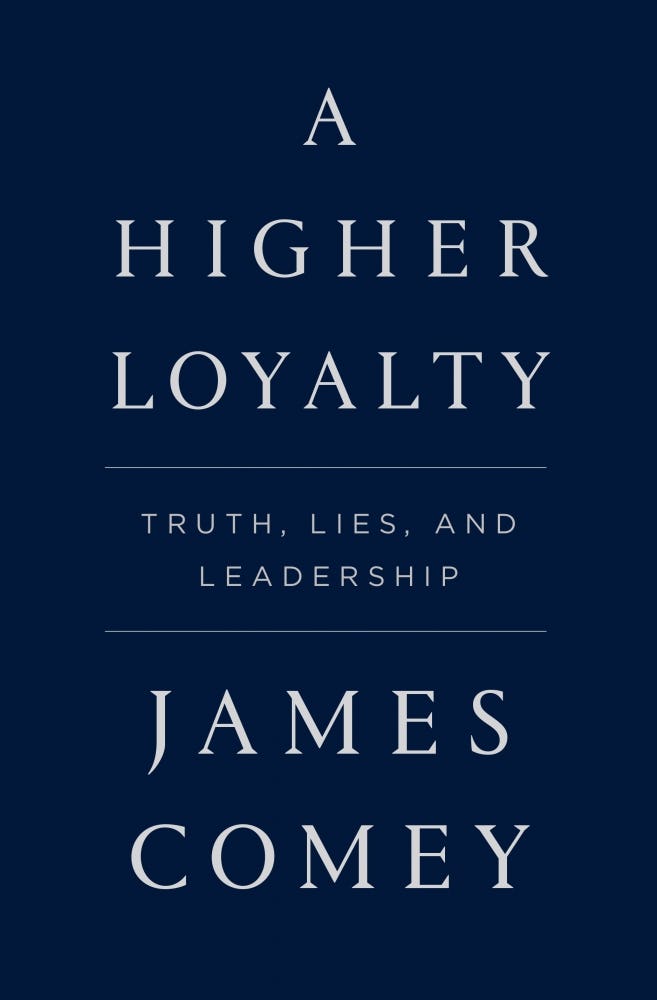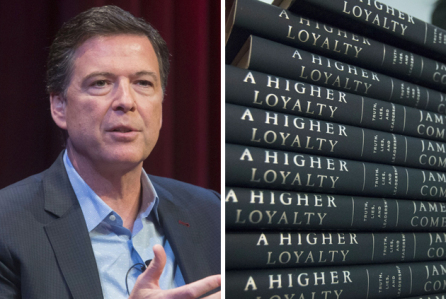



From prosecuting the Mafia and Martha Stewart to helping change the Bush administration's policies on torture and electronic surveillance, overseeing the Hillary Clinton e-mail investigation as well as ties between the Trump campaign and Russia, Comey has been involved in some of the most consequential cases and policies of recent history. deputy attorney general in the administration of President George W. attorney for the Southern District of New York, and the U.S. Comey served as director of the FBI from 2013 to 2017, appointed to the post by President Barack Obama. His journey provides an unprecedented entry into the corridors of power, and a remarkable lesson in what makes an effective leader. (Full disclosure: This critic certainly did.In his book, former FBI director James Comey shares his never-before-told experiences from some of the highest-stakes situations of his career in the past two decades of American government, exploring what good, ethical leadership looks like, and how it drives sound decisions. “Even knowing what I know now, I wouldn’t have done it differently,” he writes in his 2016 wrap-up, “but I can imagine good and principled people in my shoes making different choices about some things.” It’s all too easy to imagine either a Clinton or Trump partisan reading that vague “some things” phrasing and flailing their arms in renewed exasperation. He pores over each of his most controversial decisions - such as deciding to publicly reveal, days before the election, that a criminal inquiry into Hillary Clinton’s private email server had been reopened - but comes to conclusions certain to satisfy no one but the most willingly forgiving.

Indeed, Comey is on a bit of a redemption tour here, a reclaiming of his legacy. The good-faith reading of all this is the version Comey himself is selling, most recently on ABC’s 20/20 with George Stephanopoulos: that Trump is not normal, not “morally fit,” not worthy of the same respect and admiration as George W.


 0 kommentar(er)
0 kommentar(er)
